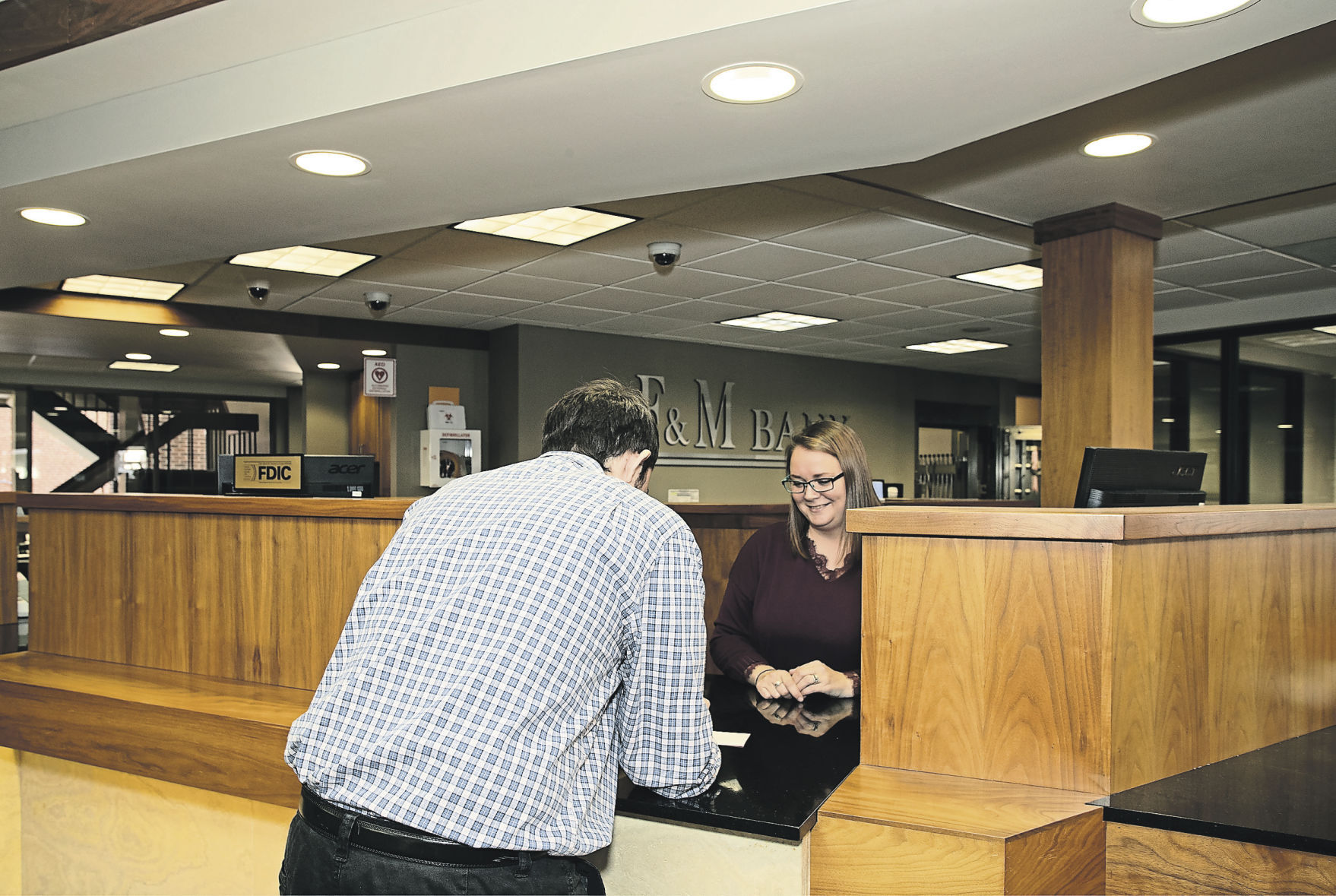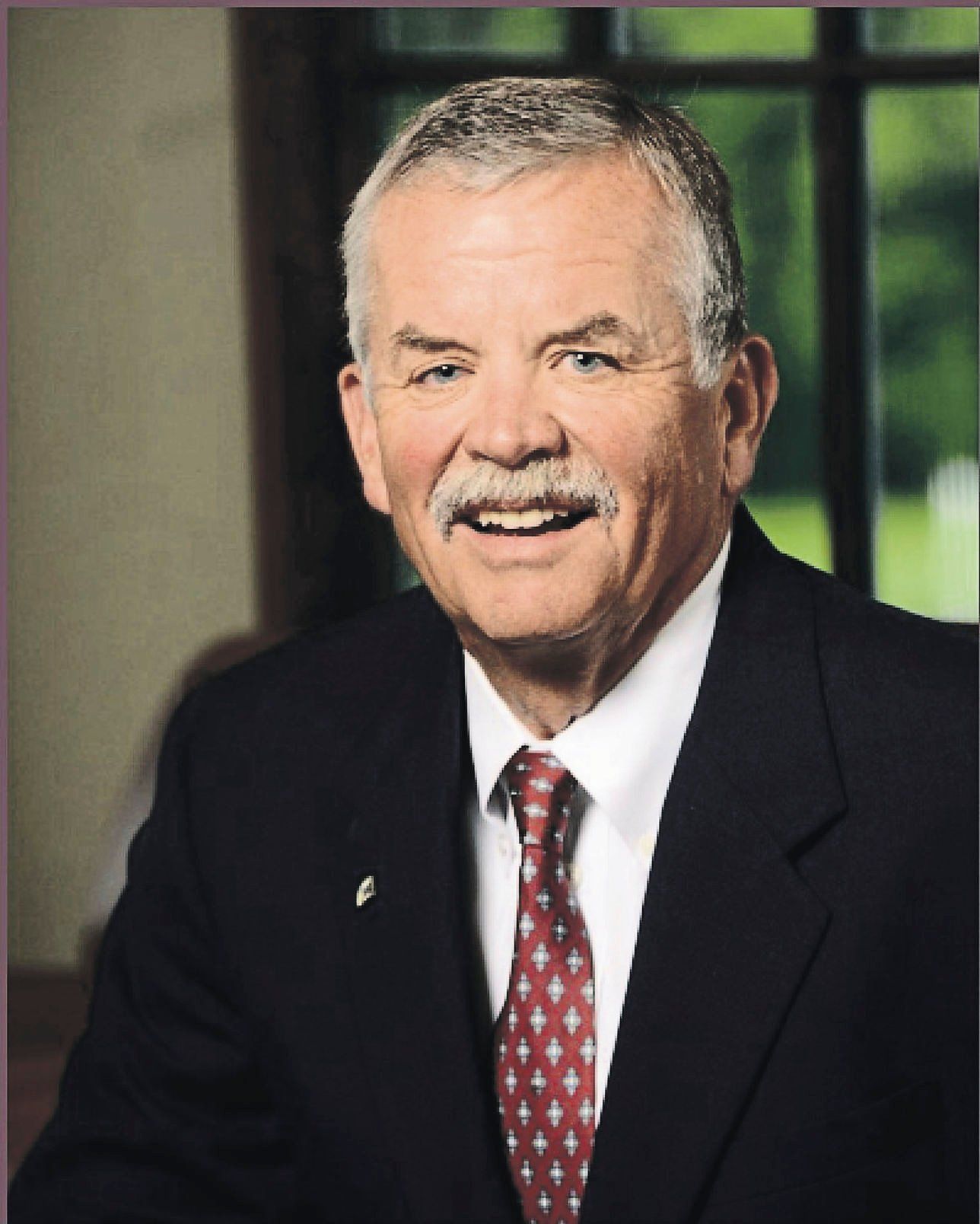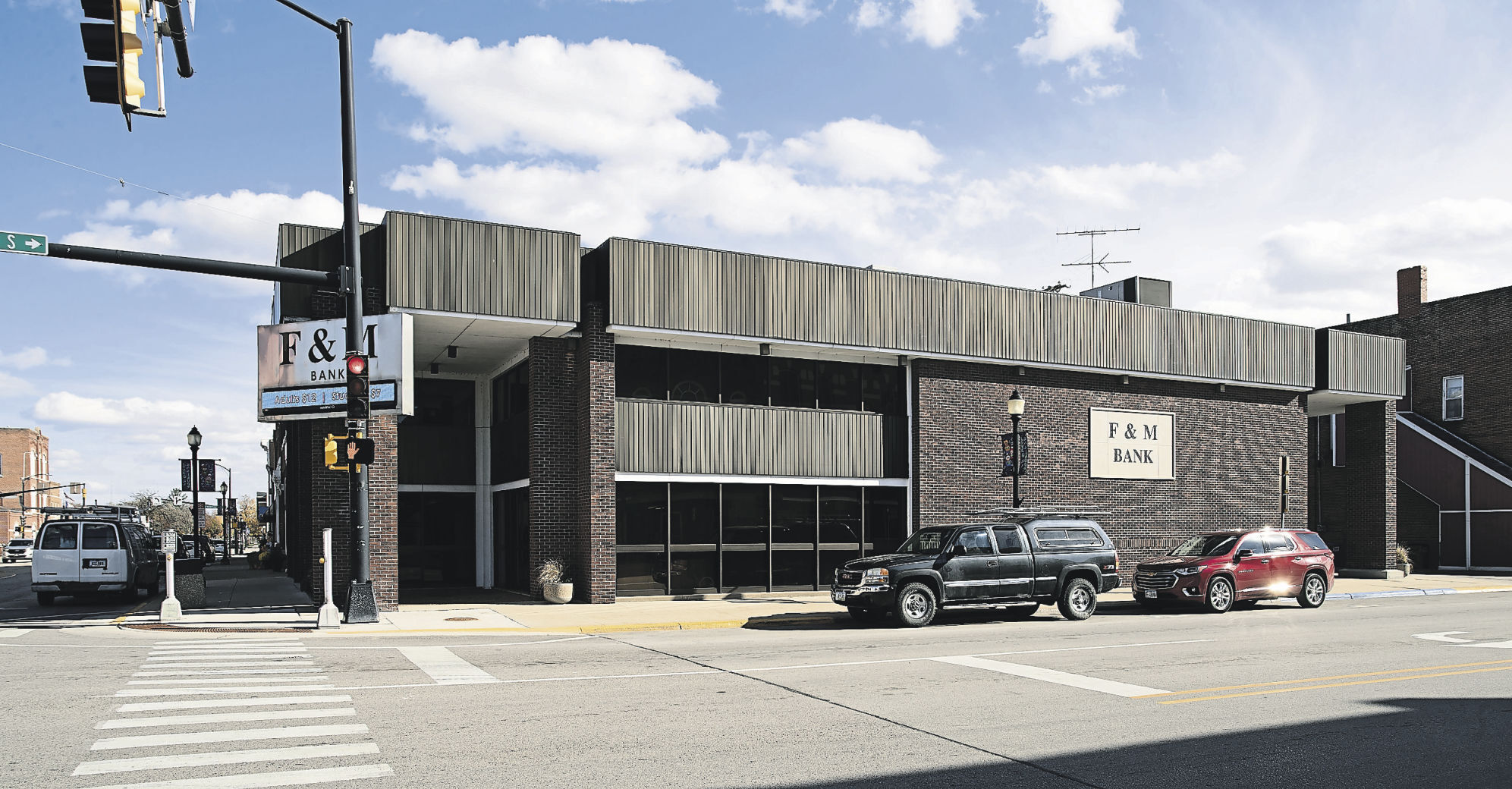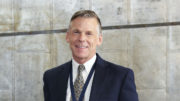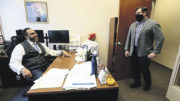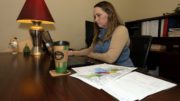Michael Dunn, Chairman of the Board, Farmers and Merchants Savings Bank
Michael Dunn lives with his wife in Cedar Rapids, Iowa, after moving from Manchester in 2006. He has four children and 10 grandchildren. He graduated in 1971 from the University of Iowa with an English degree, before getting his banking degree from Iowa in 1974. He has a master’s degree from the University of Wisconsin in banking and graduated from the Harvard Senior Bank Officer School in 1980.
He started his career at Farmers and Merchants as an officer trainee in 1972 and was elected president chief executive officer in 1980. Dunn was named chairman of the board in 1996. In 2018, he retained the role of chairman, but stepped down as president and CEO and was succeeded by his son, Nathaniel. He has served as a board member of MorAmerica Capital and MACC Private Equities Inc.; as a member of the Community Bankers Council of the American Bankers Association; and on the Manchester Enterprise Board.
In his spare time, he enjoys golfing and snow skiing.
Can you name a person who has had a tremendous impact on you as a leader?
It would have to be my father, Cecil Dunn. He started out of college in 1948 in the Brenton Banking organization. He worked primarily in small-town central Iowa. He started working in Eagle Grove and ultimately bought the bank. My father was a true people person.
What are the most important decisions you make as a leader of your organization? The Manchester bank was charted in 1925 and we just had the bank on the four corners and the drive-up. After we got through the ag crisis in the 1980s, we needed to do something. We purchased our first branch on First Avenue in Cedar Rapids. In 2006 he added a branch downtown in Cedar Rapids.
As an organization gets larger, there can be a tendency for the “institution” to dampen the “inspiration.” How do you keep this from happening? The way I view that is you have to value your team and communicate constantly with your team. I always try to get to them know them, not only professionally but also personally. I think if you value them as people, they will produce very well for you.
What is one characteristic that you believe every leader should possess? I’ve got two — drive and empathy. I think they are both very important. Drive: You have to be driving the organization. And you have to have empathy. You have to know where they are coming from. It’s the same with customers. You have to put yourself in their shoes to know what they’re going through. Then you set your plans accordingly.
What are some of the biggest changes that you have witnessed during your career? The cost and complexity of technology. I remember the second bank I worked at you’d add up the checks you deposited and add up the cash. If you were off, you had no Idea what happened. We couldn’t be where we are at without technology. But even in the last couple of years the costs have been through the roof. You have to change, but it’s best not to make too many changes to your system. You want to be on the leading edge, not the bleeding edge.
What is something that has remained unchanged during your career? Create trust with your clients, form a relationship and don’t push products. Try to really fulfill needs.
What advice to you have for future leaders? Analyze every situation, weigh it and make a decision as soon as possible. A quick no is better than a long, drawn-out yes.
What are two or three of the best things about being a leader? Probably No. 1 is watching our clients succeed — and that is internal as well as external. Watching our employees grow. And watching our clients’ personal lives improve and seeing them succeed financially. I think the other thing is we’re a family bank and we transitioned to the third generation. I have grandson who is a bank examiner now and we could have a fourth generation after my 50 years in banking. I was very comfortable turning the reins over to my son and daughter. I stay involved to a certain degree on an advisory basis.


